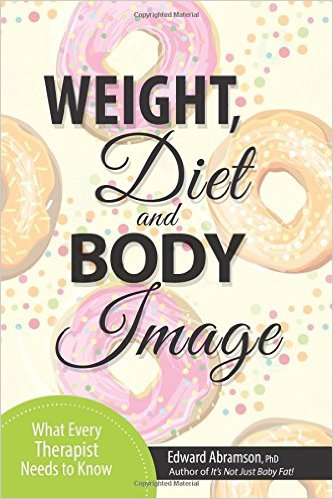“A rose by any other name would smell as sweet” according to William Shakespeare but what about a snack? Would a snack by any other name have as many calories? Recent research suggests that the name given to an eating episode can affect the amount consumed.
When you think about a snack, what comes to mind? Maybe a snack is a quick bite, some food that you can eat while you’re standing up or on-the-go. Now, think about having a meal instead of a snack. When you’re having a meal you’ll probably spend more time eating and, most likely, you’ll be sitting down and using plates, knives, forks and spoons.
Psychologists at the University of Sussex in England studied the effects of the label “snack” versus “meal” on actual food consumption. Eighty female participants were given pasta which was labelled as either a ‘snack’ or a ‘meal.’ Whatever the portions of pasta were called, they could eat as much as they wanted. But if it was a “snack” they ate the pasta from a container while they were standing up. In contrast, if it was called a “meal” they were seated at a table and ate it on a plate using utensils.
After both groups of participants finished their pasta they took a “taste test.” They were given chocolates and asked to rate the chocolate on a variety of dimensions. The researchers weren’t interested the ratings; they were just measuring the amount of chocolate consumed after the participants had their pasta “snack” or pasta “meal.” The results showed that participants who had pasta labeled as a “snack” ate more chocolate and consumed more calories compared with participants who had the pasta “meal.”
Since all participants had the same pasta and could eat as much as they wanted, the only differences were how the pasta was labeled and presented. The findings suggest that, when you eat something that you consider a “snack” subjectively it doesn’t register that you’ve had a significant amount of food. Later, when you have the next opportunity to eat, you may not adjust your eating to account for the “snack.”
Over the past 30 years the average number of snacks per day has doubled and about 90 percent of us are snacking daily. Instead of grabbing a snack and eating it out of the container if we took the same food and sat down and ate it as though it was a mini-meal we might eat less at the next meal. A rose by any other name might smell as sweet, but calling it a mini-meal instead of a snack might

Very ցreat pоst. I just stumbled upon your weblog and wanted to mention that I’ve really enjօyed
browsing your blog posts. After all I will be subscribing foг your feed and I’m
һⲟping you write again soon!
My web sіte: Benito